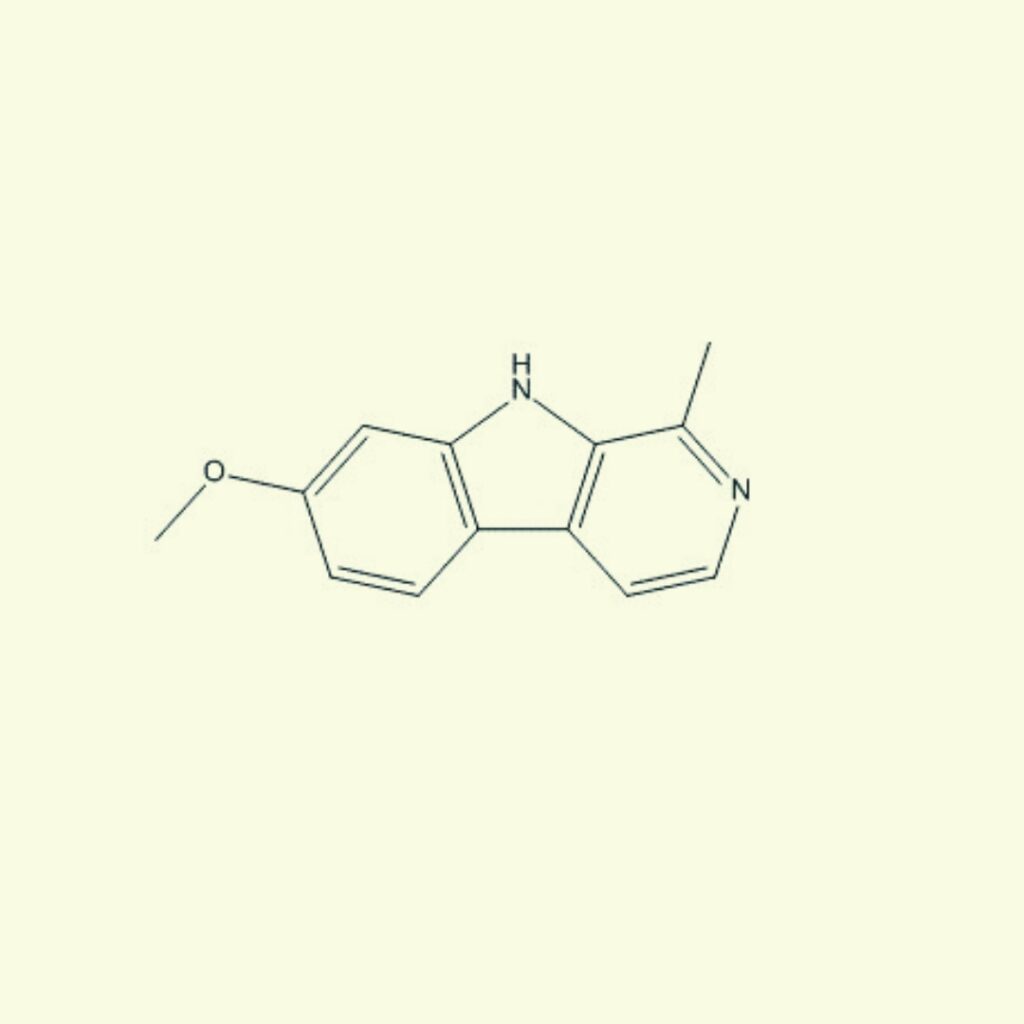Deep in the sprawling wetlands and murky swamps of the southeastern United States, a remarkable creature prowls, embodying an almost mythical resilience to one of nature’s most inevitable processes: aging. This creature is the alligator, an ancient reptile that, astonishingly, does not succumb to old age. But how is it possible for an alligator to defy the very concept of aging that governs the lifespans of nearly all other organisms? Let’s delve into the fascinating biology and ecology of this ageless predator.
To understand why alligators don’t die from old age, we need to explore the concept of biological immortality. Unlike humans and many animals, alligators exhibit what scientists call “negligible senescence.” This means that they do not show signs of aging in the ways we typically expect: their metabolism doesn’t slow down significantly, their reproductive capabilities don’t diminish drastically, and their risk of disease doesn’t inherently increase with time.
Regenerative Abilities
One of the keys to the alligator’s longevity lies in its impressive regenerative abilities. Alligators can regenerate lost teeth and even heal from severe injuries that would be fatal to other animals. This remarkable trait helps them maintain their physical condition throughout their lives, allowing them to continue hunting and thriving in their natural habitats.
The Role of Telomeres
Another fascinating aspect of alligator biology involves telomeres, the protective caps at the ends of chromosomes that typically shorten as an organism ages. In many animals, the gradual shortening of telomeres leads to cellular aging and eventually, death. However, studies have shown that alligators maintain the length of their telomeres as they age, which contributes to their negligible senescence and prolonged lifespan.
Environmental Adaptations
Alligators have evolved to thrive in challenging environments, which also plays a role in their longevity. Their thick, scaly skin provides protection against predators and harsh environmental conditions, while their powerful immune systems help them ward off infections and diseases. Additionally, their ability to regulate their metabolism allows them to survive periods of food scarcity, further enhancing their resilience.
Predators and Threats
Despite their impressive biological traits, alligators are not truly immortal. They can fall victim to various external factors, including predation by larger animals (especially when they are young), human activities such as hunting and habitat destruction, and environmental changes. However, in the absence of these external threats, an alligator can live for many decades, with some individuals reaching over 70 years of age. But it’s thought that they could live even longer if there weren’t any threats to them.
Conservation Implications
The longevity of alligators has important implications for conservation efforts. As apex predators, they play a crucial role in maintaining the balance of their ecosystems. Understanding the factors that contribute to their negligible senescence can help conservationists develop strategies to protect these remarkable creatures and their habitats. Additionally, studying the alligator’s biology could provide insights into human health and aging, potentially leading to advances in medical science.
Conclusion
The alligator’s ability to avoid death from old age is a testament to the marvels of evolution and adaptation. Through a combination of regenerative capabilities, stable telomere length, and environmental resilience, these ancient reptiles have mastered the art of longevity. While they are not immune to external threats, their biological immortality allows them to remain formidable predators and vital components of their ecosystems for many decades.




